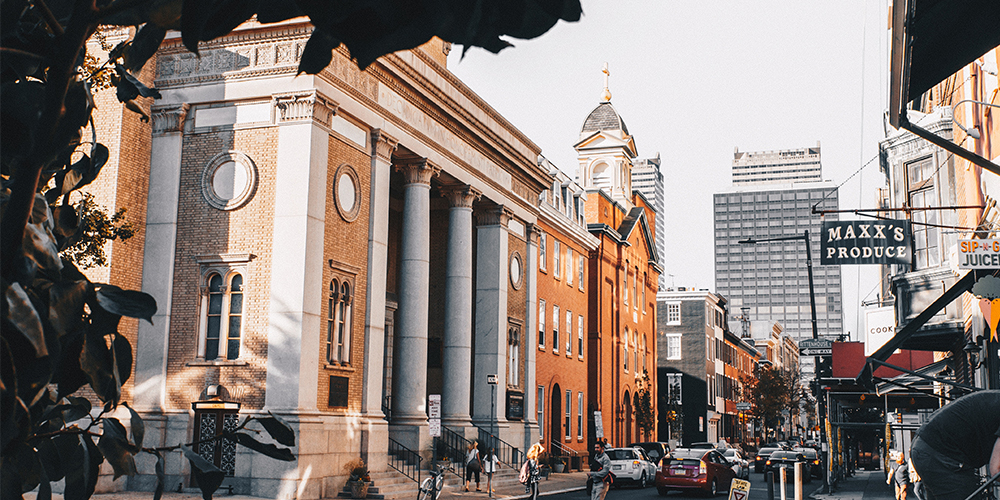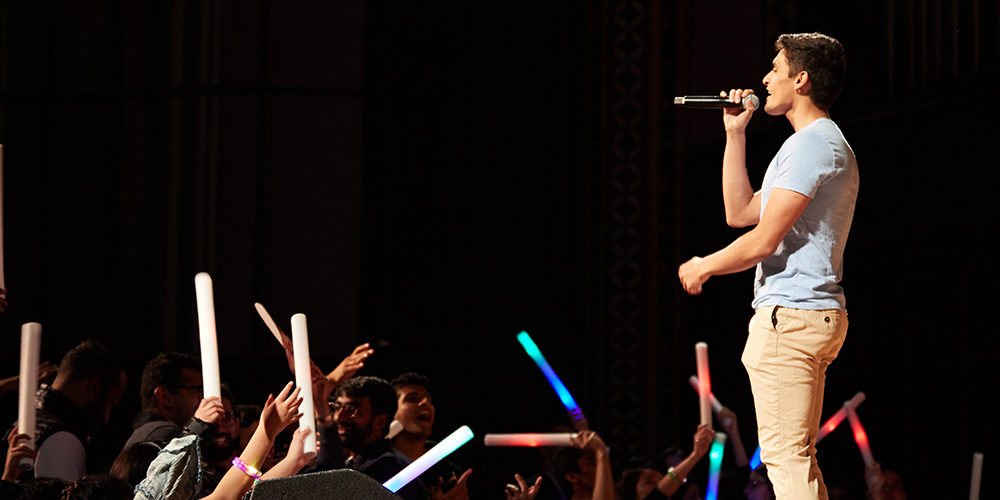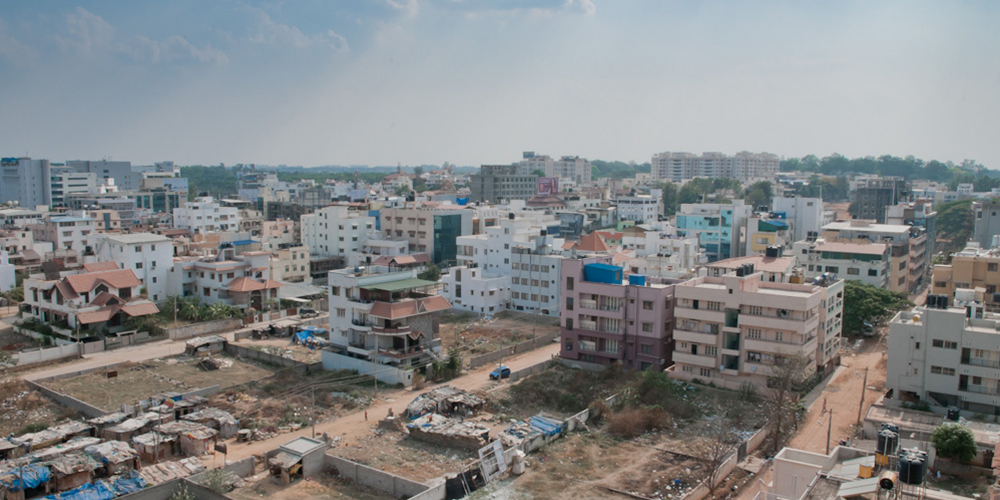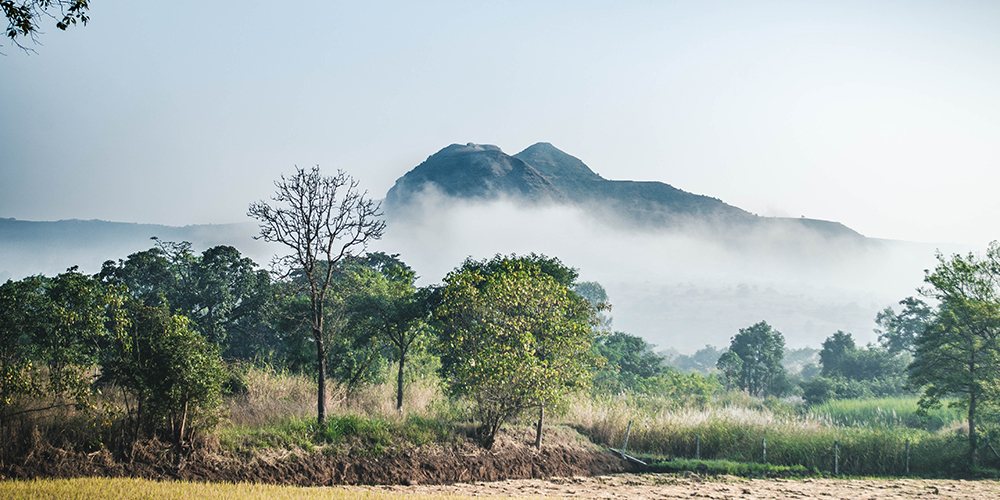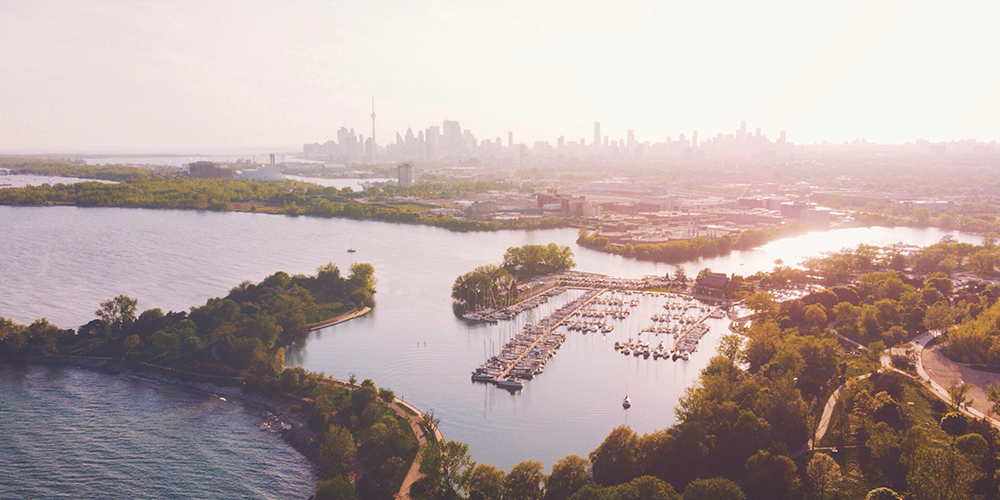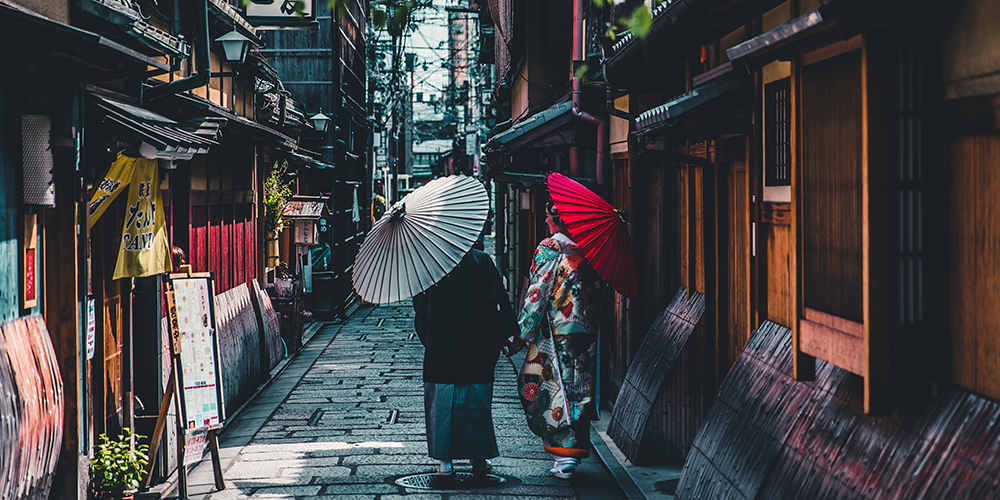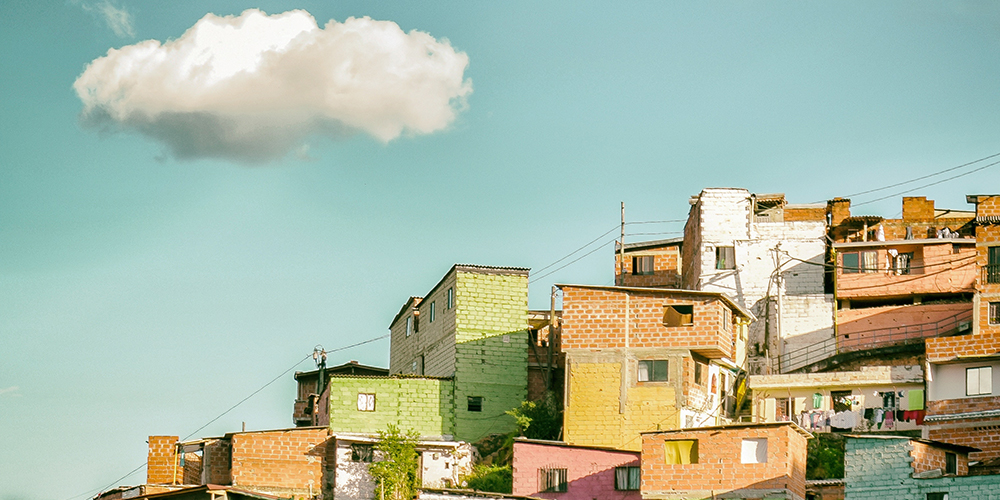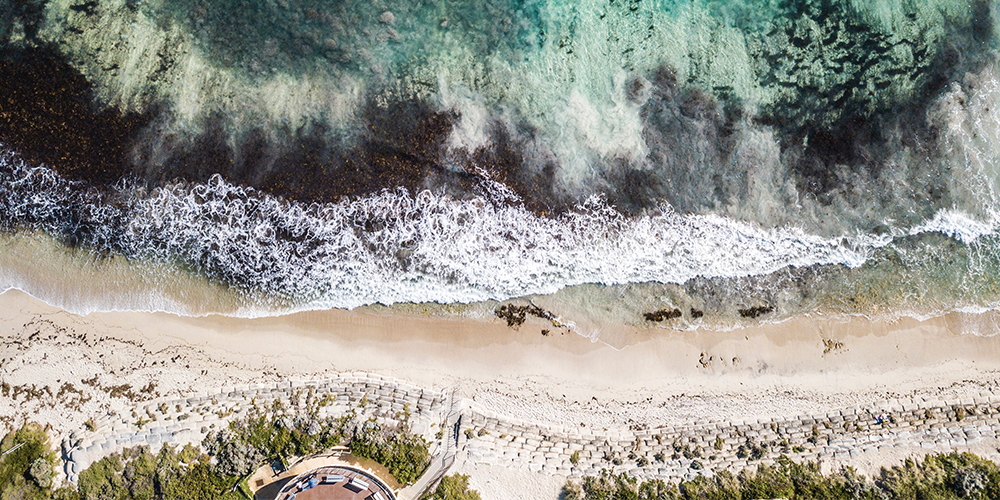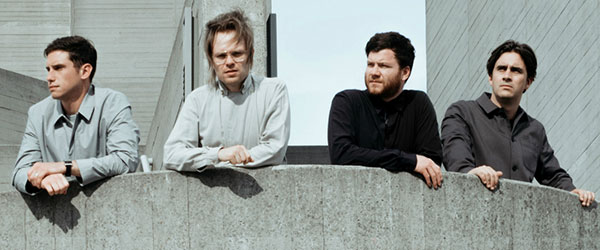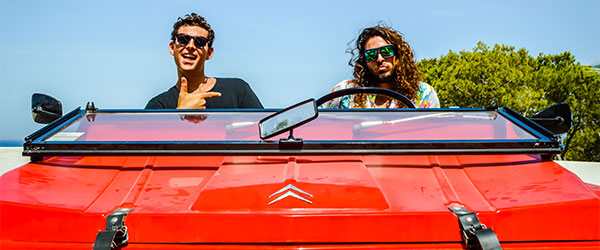A massive European band, Enter Shikari have headlined festivals such as Reading, Leeds and Download among others, while playing huge, ...
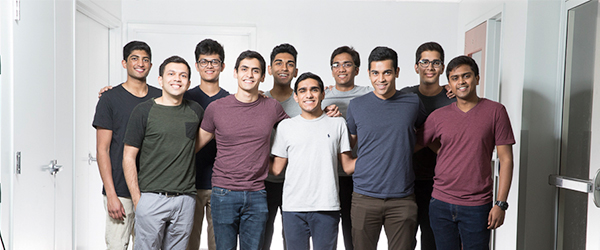
Penn Masala, the world’s first South Asian a cappella group, was born with the desire to create music that traversed traditional cultural boundaries and captured the experience of growing up with both Eastern and Western cultures. As the first group in the world to bring the sounds of the Indian subcontinent to a cappella, Penn Masala has consistently been at the forefront of South Asian-Western fusion ever since.
Along the way, the group has met and sung for heads-of-state, prominent businessmen, and international leaders, while traveling to some of the most vibrant cities across the world. Penn Masala has performed for President Obama at the White House, at the Indian International Film Academy (IIFA) Awards, and in the Hollywood feature film and soundtrack for Pitch Perfect 2, which received an American Music Award for Best Soundtrack in 2015. Be sure to check out the group’s latest mashup, “Pal / In My Blood,” embedded below.
— — —
Mehnaz Ladha: Kicking it off with the group’s home base of Philadelphia, Pennsylvania, what really stands out about it and makes it special to you? Where would you send a first-time visitor?
Sanjit Chakravarty: So, Atman and I are both seniors and we’ve had two-and-a-half-years in the city. The thing that’s really cool about Philadelphia, especially as college students, is that there’s this area called University City and then there’s also downtown Philadelphia. University City does feel like a campus where you walk around and see other students from Drexel, Penn or the University of Sciences.
Then, you can walk into downtown Philadelphia where there’s so much culture. There are so many places where you can eat and go to shows, as well as movies. They actually just opened a new South Indian restaurant right in the center of the city. There are also concerts, along with great sports teams. If we’re sending someone somewhere, since we love food, we’d send them to the Reading Terminal Market, which is this great bazaar of food stalls with all these different types of food.
Atman Panigrahi: To add on to that, even beyond University City and Center City, there’s just so many other small districts in Philly. Fishtown, for example, is a really up-and-coming, young area. Of course, in northern Philly or southern Philly by South Street, there’s just so many different types of things to see, which is pretty cool.
ML: Of course! Plus, given the rich history of Philadelphia, it’s a city that offers a really diverse cultural scene.
SC: Yeah, it’s really cool because you start in Old City, which is around 1st and 2nd Street. Then, as you move up, you can get into more of downtown Philly before finally getting to University City. That’s where there are new buildings coming up almost every year.
READ MORE: Travel Profile: Larkin Poe
ML: It must make for an incredible backdrop to study in! So, what was the first real exposure to music for each of you? How did you get inspired to join Penn Masala?
AP: So, I’m the music director of the group and I’m in charge of leading the process of choosing what songs we cover, teaching them to the group, and then producing them in the studio with an engineer that we work with. My first exposure to music was back in first grade. I started taking tabla lessons with a family friend close to home. I didn’t really know anything about music but my parents wanted me to. My sister did Carnatic and they wanted me to do something that would keep me in touch with my heritage.
I fell in love with it really quickly and had a ton of fun with my teacher. From there, I started playing flute in school. It was a way for me to get a strong exposure to western classical music, but then at home, I would see the flip side of it with more Hindustani music. Those experiences were super helpful for me coming into the group and Masala was a perfect way to keep that going.
SC: My first exposure to music was when I started taking piano lessons in ninth grade. Before that, my dad would play lots of Bollywood music on Saturday mornings to wake us all up. So, I was definitely in tune with that. Then, I took piano lessons and I didn’t very much like the classical stuff, but I really liked playing Coldplay songs. So, Coldplay became my favorite band and still is to this day. I had never sung or done any sort of formal singing, but I saw a poster for auditions and I said, “Why not take 10 minutes and see what happens?” Here we are.
ML: That sounds like a real-life Pitch Perfect moment for you.
SC: Yeah! It was very lucky, very fortuitous. I’m lucky to have met these guys and made these friendships.
Anvit Reddy: I actually have a different background than the rest of these guys since I’m the business manager for the group and I don’t do anything on the musical front. The reason why I was sort of inspired to join Penn Masala was because I thought their presence and positioning as a group was really cool. For me, it was a functionally fascinating business that I could learn about. That’s what initially drove me to look into joining the group. Once I sort of met the guys, they seemed like a really strong community and a great sort of brotherhood. That’s what sort of pushed me over the edge
ML: So, the journey for the brotherhood that is Penn Masala began in 1996 and since then, it has become a worldwide sensation. Members of the group have had such amazing opportunities to perform at the White House, the IIFA awards, and the group even had a cameo in Pitch Perfect 2. As Penn Masala’s current members, can you describe what it’s like to be part of such a unique legacy?
SC: It’s extremely humbling because the group changes every year. Every year, we take freshman and every year, members graduate. But, getting to travel and meet people who came to shows four years ago or have them tell us about the time they were at the White House, IIFA, or things like that, that all of that happened because of our predecessors. It’s because of all the blood, sweat, and tears that the alumni have put into the group. So, you come in as a freshman and you automatically feel this responsibility to have as much hustle as our alumni did to push the group forward and continue to fuse together these two cultures and think of creative ways to continue to do that.
At times, it can be daunting, but you look up to the seniors in the group for guidance and inspiration. We’ve come to a point where we understand that we’re not always going to know what we should do, but we have the privilege and the blood, sweat and tears of those that have done this before us. We feel very lucky.
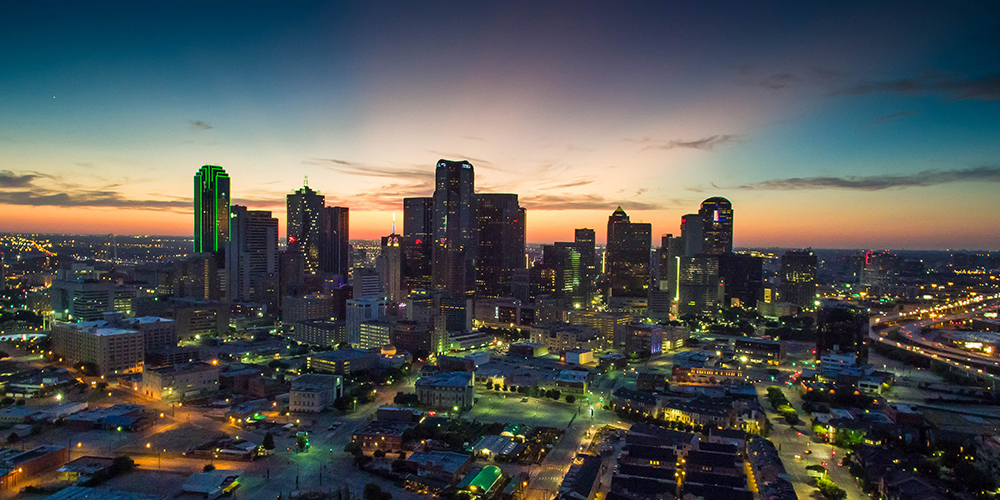 © Daxis
© Daxis
ML: Penn Masala is a group with people from all over. Right now, Anvit is originally from Texas, Atman is from Maryland and Sanjit is from Dubai. So, can you elaborate on the significance of being part of something as big as Penn Masala that allows you to connect to your heritage?
AP: Everyone comes in during their freshman year not knowing what to expect and oftentimes, a little scared. Most people are just trying to figure out a new environment. Within the first two weeks of joining the group, the guys meet and get to know each other, all of whom have [different], but very similar backgrounds and shared experiences. It feels great join that community really quickly. Then, over the course of that year and the next few years, you get to know guys who have become best friends and even brothers.
ML: That’s incredible. During your time in the group, what’s been some of your most memorable performances yet?
READ MORE: Travel Profile: Vidya Vox
SC: Two years ago, we went on the Yuva tour in India where we got to perform in seven different cities, including Bangalore. The venue was this rooftop area and it started pouring. It was raining so much that we couldn’t go on stage because all the equipment was outdoors and the sound guys wouldn’t let us.
So, we’re waiting an hour, an hour-and-a-half, and by now, we expected the crowd to have thinned out. After all, who is going to wait in the rain? But surprisingly, the majority of the crowd was still there – almost 80 to 90 percent.
They were on the verge of canceling the show because we couldn’t sing without any of our sound equipment. We said, “Look, if our fans can wait for us in the rain, we can sing in the rain.” So, we went in the crowd and were singing unmic’d. We circled up right in the middle of everyone who was there – no stage, nothing. We were just in the center of it all and it was a beautiful moment. People were holding their umbrellas on top of us while we were singing. It was really nice.
ML: That sounds magical! What’s so amazing, especially with your music, is the opportunity to go to these places and meet your fans. While you’re traveling, do you have the time to travel around and explore the cities you’re in?
SC: Actually, Anvit makes the tour schedule, so if we don’t get time to travel, it’s his fault.
AR: We try to work in a few days here and there because otherwise the guys get burnt out. This past tour though, we didn’t have too much downtime. When we did our tour during the summer of 2016, when I wasn’t in the group, they worked in a couple of days to go around Mumbai. This past Yuva tour, we worked in a couple of free days and had a day in Mumbai where we met some of the older alumni for dinner. We also had an extra day in Pune, which is a smaller city compared to the other ones that we went to, but it was really nice to go around there to smaller towns that most of us have never been to.
SC: Just this past fall break, we had the privilege to go to London and had a couple of days there to sightsee. We toured the Buckingham Palace and since I’m a big Chelsea fan too, we watched the football game, or soccer game, with the guys there.
ML: What’s the most meaningful part about traveling to perform?
AP: Oftentimes, when we’re on campus, we’re busy trying to juggle classes with being in practice or going to the studio to record music. We get lost in the moment and it gets stressful with everything that’s going on. Occasionally, we’ll get messages from fans on Facebook or Instagram with really touching stories about how they’ve been listening to one of our music videos that we just dropped and how it really made an impact on them.
Those moments are really special for us because it reminds us of the bigger picture and about what makes this platform that we have so special. We can actually share this music and its heritage with a lot of people. When we’re touring and actually meeting with them in-person, that experience is magnified even more. We get to talk to people who have been listening to our music for as long as 10 to 15 years and it’s pretty wild to get a chance to have those interactions.
SC: We even met a fan in Chennai who got a tattoo of Penn Masala, which was really crazy!
ML: That’s so amazing! In 2018, Penn Masala released its EP, Penn Masala Vol. 1. Describe the creative process behind producing the EP. How has the style of Penn Masala changed over time? How do you keep your music relevant but unique at the same time?
SC: Historically, the group has been releasing albums roughly every two years. Going into 2017 and 2018, when we started working on the EP, we thought it was really important to look at how music and the entire industry is changing. Our thought was that maybe doing an album wasn’t necessarily that important, but rather it’s more important to stay current with trends that are changing more rapidly now than they used to.
READ MORE: Travel Profile: filous
Our emphasis became trying to do shorter content and getting stuff out fast so that fans can engage with us on a more consistent basis. That was the logic leading the first EP. Every track that we did, we kind of wanted to touch on a different aspect of the musical listening experience that people like our contemporaries have. For example, we threw in a 90s throwback with an Udit Narayan mashup. Personally, he’s one of my favorite playback singers. I remember growing up listening to his music at home and in the car.
Then, at the same time, a lot of hip hop and R&B music is getting really big today. That was kind of our motivation for us to cover “Controlla” by Drake.
ML: One of our core objectives at SCP is to bring people together while traveling, not only to influence people to see and appreciate our beautiful world, but to also minimize cross-cultural divides. What effect does travel have on humans in this regard? How has it broadened your perspective of the world?
SC: I can speak from personal experience outside of Masala. I was born in Indonesia and lived there for 10 years before moving to Dubai, but I hold an Indian passport and am studying in America. I’ve had chances to travel and live in various places and that’s shown me how the world is much smaller than it’s often painted to be.
With Masala, we realize that through music as we try to bridge both Western and Eastern cultures. We did a project recently a few years ago called the “4Chord Project.” We realized that there are so many songs on both sides of the world that use the same four chords and we thought it would be a cool way, especially at that time, and more so today when we’re living in such a politically divisive time, to show that we’re all the same. All the music is the same, or at least very similar, and they can all work together well.
So, especially when we travel and meet students who are studying a totally different type of curriculum in a three-year program versus four-year program, it’s still apparent that the struggles they’re going through are the same struggles we are going through. Traveling really helps put those things into perspective.
ML: Absolutely! Traveling makes you see the world clearer and helps you really understand the people around you, which is something that’s essential to all humans.
AP: Yeah, definitely! While we share a lot of similarities, there’s a lot of unique differences compared to someone brought up in the US. Recently in the group, it’s been really great meeting Sanjit and guys who were born and brought up in India and are now studying in America. It’s been a really great learning experience for everyone to get to know more about cultures and experiences growing up in all these different kinds of places. It’s about appreciating the similarities and also learning to appreciate the differences, as well.
During the Super Bowl, for example, I was wearing a soccer jersey. Someone was wearing a cricket jersey and someone else was wearing a football jersey trying to explain the rules of American football versus soccer versus cricket. So, those are great ways for us all to share our backgrounds.
READ MORE: Travel Profile: Dan Mace
ML: What are some of your top destinations that you would like to perform sometime in the future?
AR: It’s been a long time since we performed anywhere in Canada. So, I think Canada would be really cool – Toronto, Ontario or Vancouver. I know we have a lot of fans in all three of those cities. So, looking into some kind of Canada tour. Doing shows there would be a lot of fun. It would also allow us to interact with fans that we haven’t had a chance to be with for a while and let them see the group and some of the cool stuff that we’ve been working on.
It would be really amazing to do other big cities as well. Some that we’re considering are other cities in India and in Southeast Asia. Hopefully, over the next few months, we’ll be able to confirm some of these other shows. We don’t want to give too much away until we actually lock that down, but we’re excited.
ML: Sounds intriguing. So, whether you’re traveling with the group for performance or for leisure. What are you most excited about when visiting a new destination?
SC: For me, it’s definitely the food! When we go to India, it’s so awesome to get authentic cooking in all the different cities that we go to. Or for example, we sang in [Dallas, Texas] a year or two ago and had some real barbecue down there.
AR: One of the cool things, especially when we go on our India tour, as Atman mentioned, is that a lot of our group members went to high school in India recently. So, a lot of them have their hometowns in these big cities. Being able to meet their families, go over to their houses and experience their childhood the way that they experienced it is also really special.
In that sense, we get to bridge the cultural gap because we all grew up in different places. That’s always a really cool thing to do, especially with guys that you’re really close with. You start to understand how they work, what’s shaped them, and what was such a big part of their childhood growing up.
ML: It all goes back to that brotherhood the group creates. What are some of your top three destinations on your bucket list?
AP: One place that I really want to go to at some point in the next couple of years is Japan. The food is great, but I’m also a pretty big fan of anime and Japanese culture. I have friends that have gone out there and had really cool experiences hitting up Tokyo and Kyoto. It’s a really diverse culture.
SC: I’ve never been to South America, so anywhere in South America will do. The food, football and music – I’d be really excited for that. I also really want to do Spain for very similar reasons.
AR: For me, it would probably have to be Australia just because I think it has a mixture of a lot of different things. It has great natural landscapes and I’m also a big beach fan. You can relax on a beautiful beach in Australia.
ML: When searching for a personal getaway, are you looking for more of a serene beach or you more adventurous and looking for something active to do?
SC: I really like the holidays where you wake up and walk in the center of the city, go to museums and learn about the culture. I used to hate them growing up because my mom would wake us up at seven in the morning, but I’ve come to really appreciate them because you learn so much about the place you’re visiting, the culture and have a chance to meet different people.
ML: That’s always the most challenging part, defining what a trip is versus a vacation. For the longest time, my father only believed in trips with a jam-packed itinerary. It was exciting of course, but sometimes, you crave the vacation where you can do absolutely nothing and not feel guilty about it.
AP: I feel very much the same way. My dad has always been like that. This past winter was the first time my family has taken a vacation since maybe middle school where we didn’t have one of those really structured itineraries. This time we were just actually chilling on the beach, eating, and having a good time.
ML: Lastly, what do the next couple of months have in store for the group?
SC: We’re working on a bunch of different exciting projects. Musically, Atman can talk about the stuff that we’re doing on that end.
AP: We’re looking into releasing a few music videos that we have invested a lot of time into and care a lot about. One of the projects that we’re particularly excited about pertains to issues that South Asian Americans face on a daily basis, as well as issues related to society and our personal lives. We’ve been working on the project for a long time now, so that’s hopefully coming out very soon. We’re excited to see the response it gets and excited to make an impact on people.
SC: Similarly to what we touched on earlier, we’ve been realizing that we have a pretty incredible platform to work with and that it’s important to use that to try and bring light to issues that maybe aren’t being discussed enough in the South Asian community and the Asian community at a broader level. We released a video this past fall, “Ilahi / Castle on the Hill.” That was kind of a way to try and start doing that a bit more, using our videos and music as a means of reflecting our identity a bit more and trying to connect with our fans on a more personal level.
AP: With the goal that those who watch our videos then engage in conversations with those around them about their identities.
AR: We also have a few shows coming up that we’re excited about, including Florida. Outside of that, just some cool projects and looking to end the year strong. It’s going to be a busy couple of months ahead.
— — —
For more on Penn Masala, visit their website:
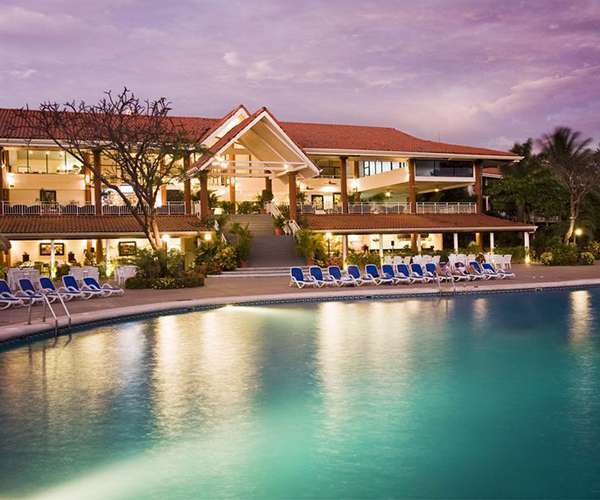

Set on pristine beaches perfect for relaxation, in a destination known for its adventure travel, one can have fun in the sun, while filling that adrenaline rush.


A short taxi ride from downtown Cancun, this picturesque resort is close enough to enjoy the hustle and bustle whenever, but far enough away to escape and relax.


Charmingly set on white-sand beaches, this all-inclusive property perfectly accompanies the Los Cabos coastline.
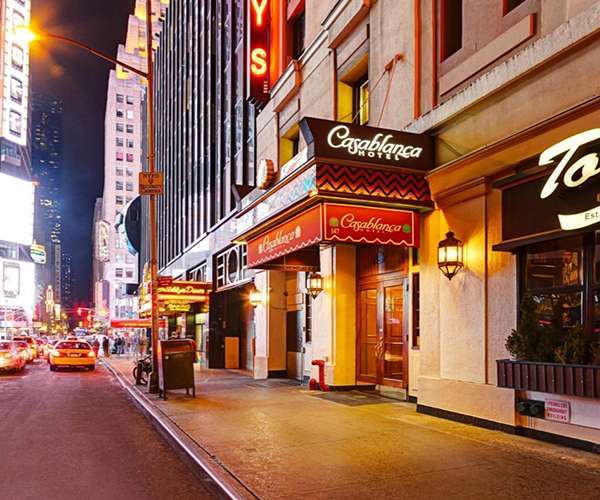

Located in the middle of Times Square, the property's rustic, yet stylish decor will bring travelers back in time.






